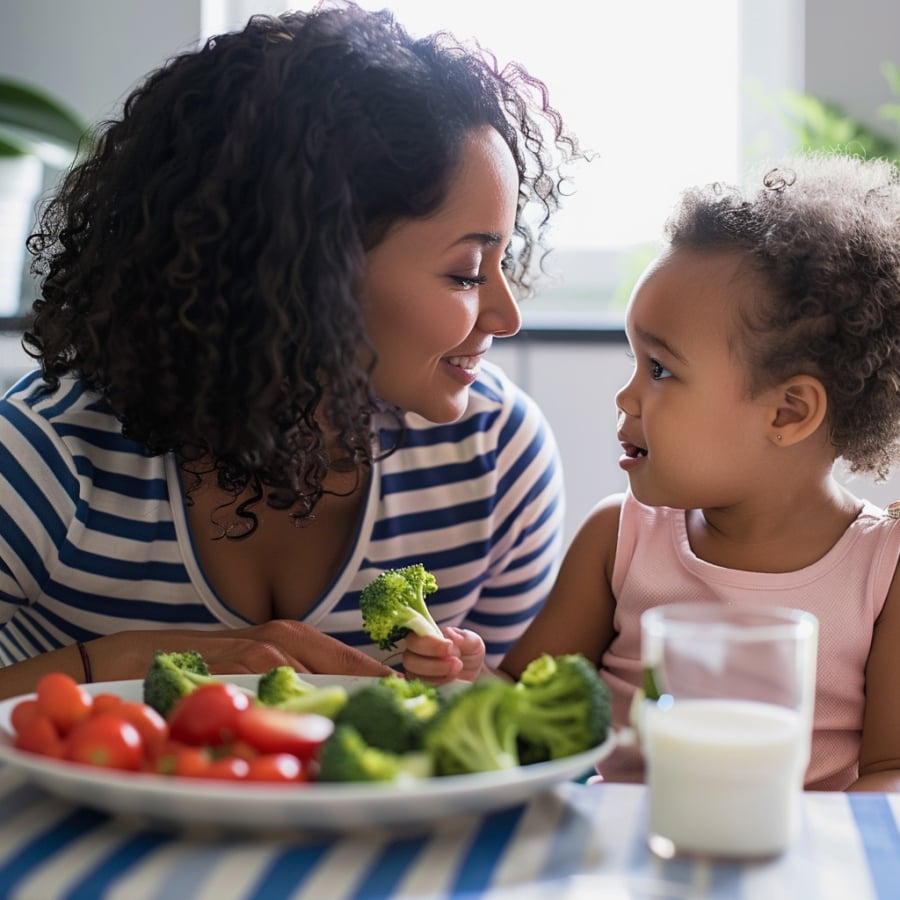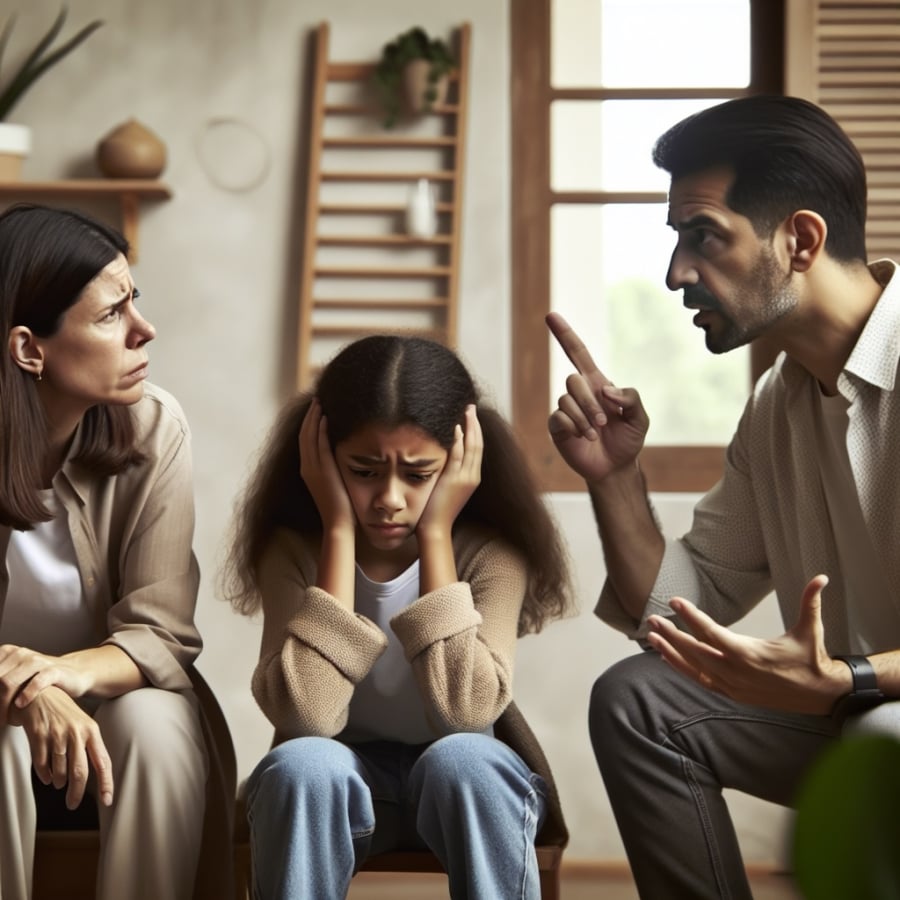Overindulgent and Overprotective Parents
In the family environment, excessive indulgence and over-protection from parents can create hidden wounds in a child’s soul. Some children develop rebellious personalities not because they are neglected, but on the contrary, they are unconditionally pampered. A typical scene is a child crying and making a scene until their parents buy them their favorite toy, even if they initially refused.
The increasing awareness of “family education” has made many parents more cautious in caring for their children. However, excessive care sometimes prevents children from learning how to be self-reliant and develop deep emotions, leading to a tendency to rebel and disrespect others.
To strike a balance, parents need to see that necessary care should go hand in hand with teaching children about autonomy and mutual respect. The goal is to raise children who can stand on their own, have emotional intelligence, and interact respectfully with the surrounding society.

Overindulgence and over-protection from parents can create hidden wounds in a child’s soul
Parents Not Spending Time with Children
In the modern era, with challenges from work and family responsibilities, many parents unintentionally neglect to spend time with their children. They often lack the time or patience to truly listen and understand the issues their children are facing.
When the communication bond between parents and children is not maintained, children can become lonely and easily influenced by negative opinions from the outside, leading to rebellious behaviors and difficulty in understanding and sympathizing with others.
Therefore, to build a healthy and comprehensive family environment for children, parents need to make efforts to maintain quality communication with their children, deeply understand their needs and emotions, as well as promptly identify and guide them when they show signs of abnormality.

When the communication bond between parents and children is not maintained, children can become lonely
Applying Excessive Discipline
In contrast to indulgence is the method of excessive discipline and imposition, where violence and harsh words become commonly used educational tools. Many parents still believe in the outdated notion that “spanking is an expression of love” and they do not hesitate to apply strong measures to discipline their children.
However, the use of violence not only fails to be effective in character formation but also implants seeds of rebellion in children and creates psychological pressures such as anxiety, stress, and fear, which can damage the physical and mental health of children.
Parents need to learn to respect their children’s individuality, build a relationship based on trust and mutual respect. Positive, gentle, and effective educational methods should be applied, while setting a good example for children to learn from and emulate.

Parents need to learn to respect their children’s individuality
Effective and Humanistic Parenting Methods
Positive Education
Parents need to develop a wise educational perspective, recognizing the strengths and interests of their children, while respecting their individual personalities. Avoid imposition and learn to let go when necessary, maintaining a balance in parenting. When children make mistakes, apply appropriate punishments to help them understand the value of adherence to rules without resorting to violence or harsh words.
Create a Warm and Safe Family Space
The family environment is a crucial foundation for a child’s development. Parents should strive to create a stable, safe, and loving space where children can feel love and acceptance. At the same time, it is necessary to establish a harmonious relationship within the family, set clear rules, and nurture spiritual values for children.
Care for Children’s Mental Health
A child’s mental health is equally important as their physical needs. Parents should discuss and monitor their children’s mental health together, learn to listen and care about the issues their children face as they grow up. This helps children develop the ability to express their opinions and face challenges flexibly in each stage of development.
Parents should provide necessary care while also teaching children about autonomy and mutual respect. The goal is to raise children who can stand on their own, make decisions, and interact respectfully with society.
When parents don’t spend enough time with their children, communication bonds can weaken, leading to loneliness and influence from negative outside opinions. This may result in rebellious behaviors and difficulty understanding and empathizing with others.
While overindulgence may lead to rebellion, some parents respond with excessive discipline and imposition, using violence and harsh words as educational tools. This outdated approach can damage children’s physical and mental health, implanting seeds of anxiety, stress, and fear.
Parents should respect their children’s individuality and build trust. Positive, gentle, and effective educational methods are recommended, along with setting a good example for children to emulate.
Parents should adopt a wise educational perspective, recognizing children’s strengths and interests while respecting their personalities. Maintain balance, avoid imposition, and provide appropriate punishments when needed, without resorting to violence.
Creating a warm and safe family space is crucial, as is caring for children’s mental health and teaching them to express their opinions and face challenges.






































